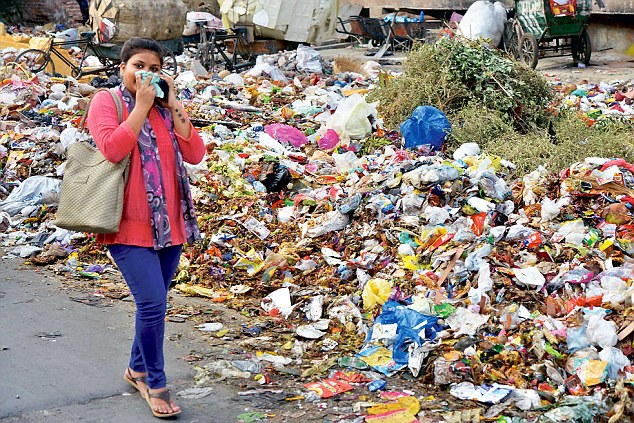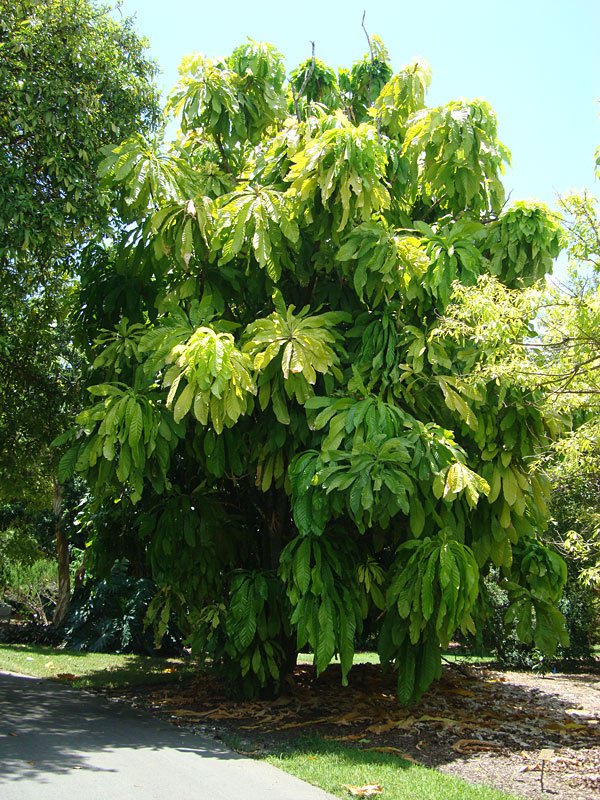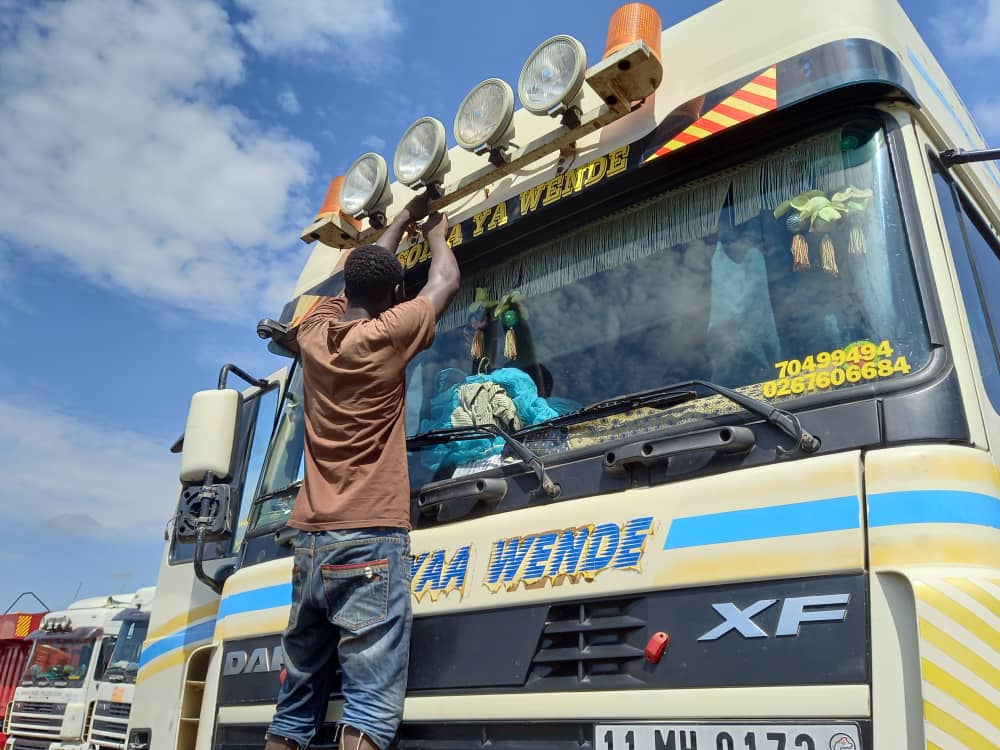Zoomlion to Build Waste Treatment Plants Across Ghana

In its 2017 report, the United Nations Development Programme (UNDP) said that Ghana generates 1.7 million tons plastic waste every year.
However, only two per cent of the waste is estimated to have been under going recycling despite the enormous opportunities.
But the narrative seems to gain some attention, a reason the Zoomlion Company Limited has indicated its readiness to treats and converts waste into fertilizer and increase agriculture production.
The Director of Communication and Corporate Affairs, Mrs. Emma Akyea Boateng in a radio interview with Rite FM, has reaffirmed the commitment of Zoomlion Company Limited to go into partnership with government to reduce the practice of landfill method of waste disposal in Ghana by ensuring that waste generated are treated, recovered, converted to organic fertilizer while plastics are recycled to boost crop production.
To realize this, she said, the company has envisioned establishing waste treatment plants in all the regions of Ghana to enable the company add value to waste, instead of just burying the raw waste which has negative environmental consequences.
Emma Akyea Boateng noted that Accra Compost Recovery Plant currently process 600 tons of waste generated in a day while the Accra Recovery Park Process 400 tons; and the Kumasi Recovery is over 90% complete with the aim of bringing poor sanitation across the country under control.
“We came to meet the practice of landfill method of waste disposal ten years ago by government, but now that method of waste disposal is not appropriate because it has its own environmental implications – breeds rodents, houseflies, vultures, it emits pungent stench particularly after it rains.
“The leachate from the waste itself is poisonous and hazardous to the environment and water resources. So, Zoomlion has decided to change this practice by treating waste generated at our treatment plants -one in Adjeinkotoku, another one in James Town and we are building a huge one at Kumasi. Our vision is that every region will have a treatment plant,” she told Austin Ofori Addo.
She added that in Ghana, “every year, we import 38 million dollars of fertilizer so if we treat our waste here we can get organic fertilizer out of it. So we at Zoomlion have decided to help government establish treatment plants in all the regions to recover. It will also create jobs for at least 250 people at every treatment plant .It could serve as a research center for Universities so treating waste has more advantage than just disposing the waste at landfill.”
She further appealed to Ghanaians to see filth as an enemy to economic development of the country.
“The government spends huge sums of money to deal with sanitation issues across the country and such moneys can be invested into developmental project in the country. We should not forget that this is a national canker and collective efforts are needed to combat it so every Ghanaian should do whatever he or she can for possible solution,” she said.
The intervention of Jospong Group of Companies subsidiaries – zoomlion, Lavender Hill Faecal and Mudor Waste Treatment Plant, and the ultra-modern integrated recycling and compost plant have made tremendous strides in the management of waste in Ghana since its establishment, gradually fixing the huge deficiency in waste management in the country.
Ghana, like many developing countries, is facing serious problem in managing tones of both solid and liquid waste generated daily.
It is estimated that 12,710 tons of municipal solid waste are generated per day in Ghana while 26,000 cubic meters of liquid waste generated daily in the National Capital alone.
A study conducted indicates 67% of waste generated in Ghana are biodegradables with Food waste forming 79% of this fraction, whereas recyclables including plastics, textiles, metals, glass, rubber and leather accounted for 22%, significant enough to sustain a major recycling initiative.
However, Ghana currently recycles just two (2) percent of the total plastic waste generated by households and businesses with many in externalities such as indiscriminate dumping, littering, landfilling and several other activities which are deleterious to the environment.
Reduction, Recycling, Re-use, energy Recovery are critical to waste management. Disposal of waste in landfills is the least desirable in solid waste management chain but that has the practice in Ghana over the years.
According to the Institute of Environment and Sanitation of the University of Ghana, Legon, Ghana losses 300 million dollars annually because waste could not be turned into resources and also because of poor sanitation delivery by the local assemblies and the delay in accessing sanitation facilities especially in the cities.
The construction and commissioning of ultra-modern integrated recycling and compost plant by Jospong Group of Companies in 2019 is, however, changing the narrative in solid waste management in the National Capital.
Currently, the company has the Capacity to treat 400 tons of waste daily, recover recyclables and generate organic fertilizer from the organic waste.
She added after this is done we sell out the compost to the general public as well as the plastic waste to private operators who also add virgin materials to it to make other plastic products such as buckets, bowls, chairs among others.”
It is estimated that each year more than 8 million tons of plastic waste enter the oceans, causing havoc to marine wildlife, fisheries and tourism, and costing at least US$8billion in damage to marine ecosystems. Data available also show that, if present trends continue, by 2050 the oceans will have more plastic than fish and an estimated 99 percent of seabirds will have ingested plastic.
Meanwhile, a 2,400 cubic-meter capacity Lavender Hill Fecal and Mudor Waste Treatment Plants since its establishment in 2016 has also been a game changer curbing indiscriminate discharge of untreated liquid waste into the sea eliminating the pungent stench which made the Lavender Hill Area pernicious to stay.
Currently, the plants receive 300 tanks of sewerage for treatment. Efforts are underway to generate 7.5 megawatts of power from biogas now being flared while the sludge to be used to manufacture charcoal.
By: Austin Ofori Addo/ritefmonline.org




